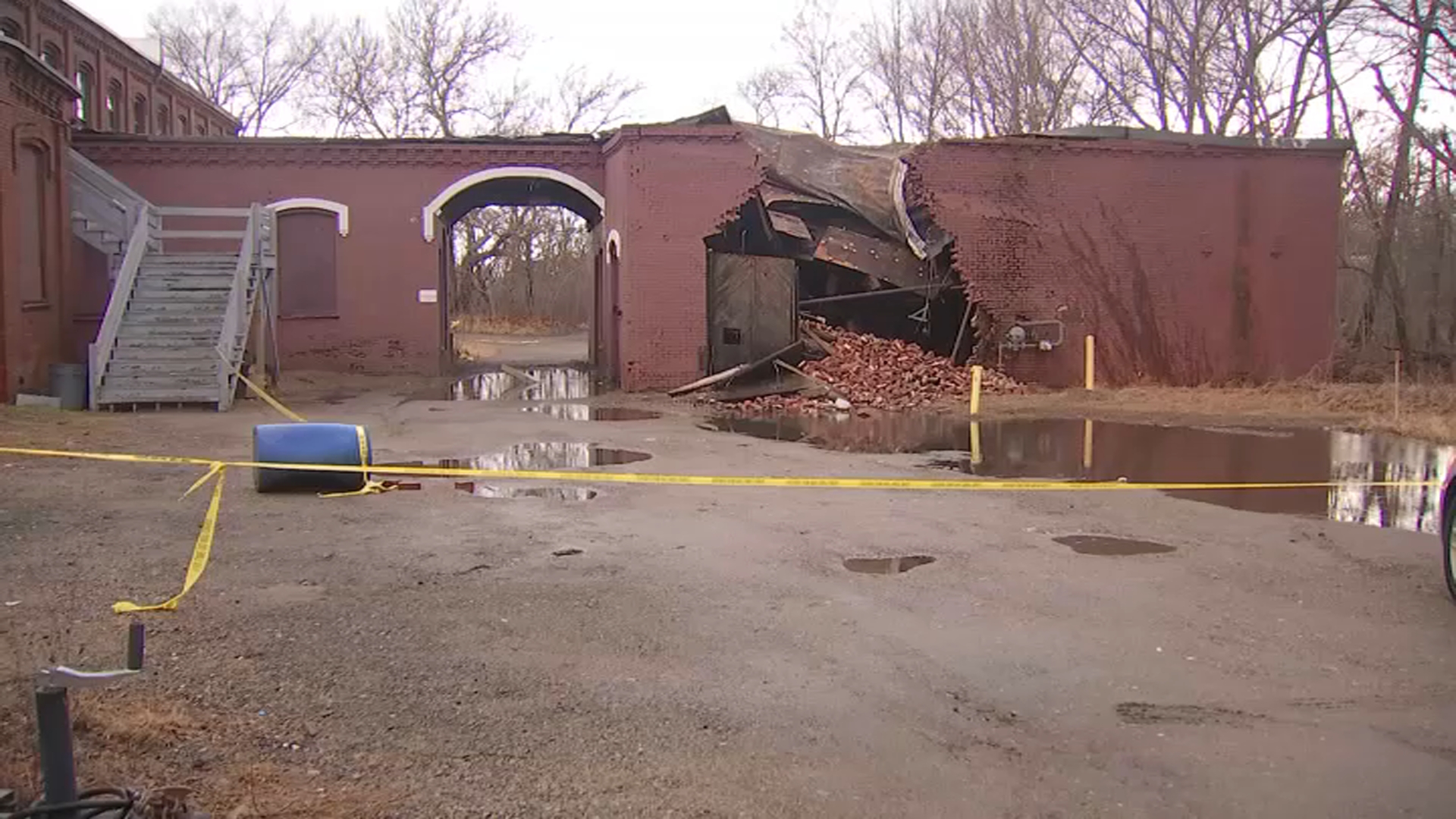
A New Hampshire man who pleaded guilty to a charge tied to a plot to extort Harvard University for bitcoin by making bomb threats was sentenced Thursday.
William Giordani, 55, of Manchester, New Hampshire, was arrested last year on charges including making an extortionate bomb threat. That charge was dropped, and in January he pleaded guilty in federal court to concealing a federal felony, according to the U.S. Attorney's Office for Massachusetts.
WATCH ANYTIME FOR FREE
Stream NBC10 Boston news for free, 24/7, wherever you are. |
Giordani was sentenced to three years probation.
The case stems from an incident last April 13, 2023, when someone called Harvard University’s police department electronically disguising their voice and warning that there were three bombs on campus. The caller said students would be killed unless the school conducted a bitcoin transfer within 96 minutes.
Get updates on what's happening in Boston to your inbox. Sign up for our News Headlines newsletter.
The suspect called multiple times before eventually telling police they could find the first bomb at the Science Center Plaza. The area was evacuated and police found and destroyed a device.
According to previous reports, the device had a metal locking safe, a package of wire, a quantity of fireworks and a small rectangular box, police said. The device was later determined to be a hoax.
Investigators said Giordani was recruited in the plot through a Craigslist ad. The ad was asking for someone to buy fireworks in New Hampshire and pick up some other items in Massachusetts — including wire, a metal locking safe and a bag — and deliver the items to his son at Harvard.
After Giordani collected the items, the person he was communicating with told him to leave the bag on a bench in the plaza.
Investigators said that at some point Giordani became suspicious that the items may be used to make a bomb, but rather than reporting anything to law enforcement, he allegedly deleted incriminating text messages and told his girlfriend not to tell anyone about it. He also went on the run from police, according to prosecutors.
Giordani also took steps to hide from police after they made attempts to reach him in order not to reveal his role in delivering the bag, investigators said.
Prosecutors said they agreed to accept Giordani's guilty plea given that they believed he was driven in part by a drug habit and that he has made efforts to remain in a recovery program.
No one else has been charged in connection with the case.
The Associated Press contributed to this report.



